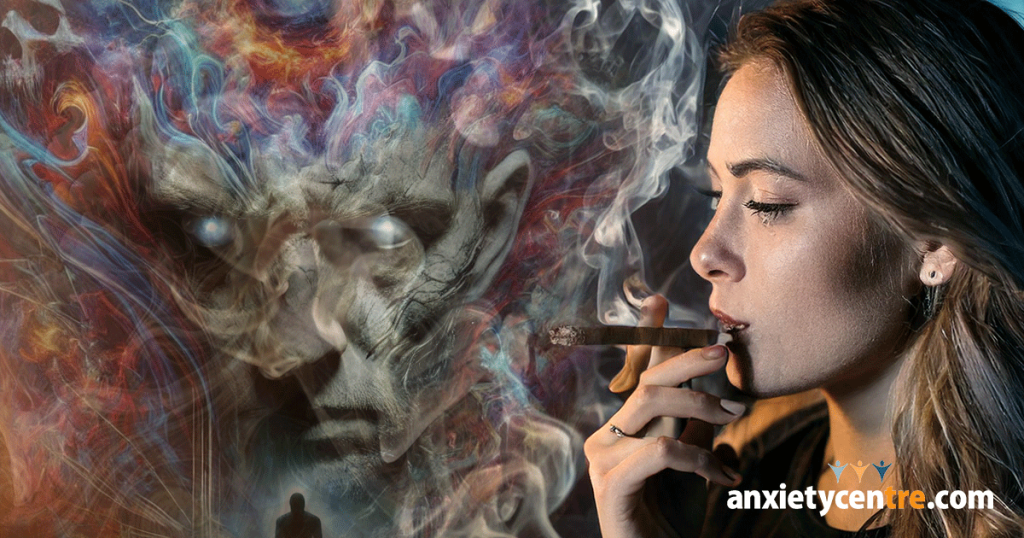
A new study reveals a sharp rise in schizophrenia cases connected to cannabis use disorder (CUD) in Ontario, Canada. Research published in JAMA Network Open shows the proportion of new schizophrenia cases linked to CUD increased from 4% before legalization to 10% after cannabis became legal.
The comprehensive study, led by researchers from ICES, The Ottawa Hospital, University of Ottawa, and Bruyère Health Research Institute, analyzed healthcare data across Ontario. They examined how the 2015 medical cannabis liberalization and 2018 recreational cannabis legalization affected the relationship between CUD and schizophrenia diagnoses.
Key Findings:
- Hospital visits for cannabis use disorder increased dramatically, rising 270% (from 1.3 to 4.6 per 1,000 people) following legalization
- Among people with CUD, 9% developed schizophrenia, compared to 0.6% in those without CUD
- The percentage of new schizophrenia cases with prior CUD-related hospital care doubled from 7% to 16%
- For young men aged 14-24, an estimated 18% of schizophrenia cases might have been prevented if severe cannabis users had abstained
Dr. Daniel Myran, Canada Research Chair in Social Accountability at the University of Ottawa, emphasizes the significance of these findings: “Regular cannabis use is strongly associated with an increased risk of schizophrenia… We found concerning increases over time in the percentage of people with a new schizophrenia diagnosis who had received care for a cannabis use disorder before their diagnosis.”
The research examined over 13.5 million Ontario residents aged 14 to 65 years. While the study doesn’t definitively prove that cannabis causes schizophrenia, it highlights concerning trends, particularly regarding high-potency cannabis and increased regular use.
Dr. Myran concludes that these findings indicate an urgent need for targeted prevention strategies, especially for younger populations who face the greatest risk. The dramatic increase in schizophrenia cases associated with cannabis use disorder over the past 17 years suggests a growing public health challenge that requires immediate attention.
References
Myran, Daniel, et al. “Changes in Incident Schizophrenia Diagnoses Associated With Cannabis Use Disorder After Cannabis Legalization.” JAMA Network Open, 11 Nov 2024.
Common Anxiety Symptoms
Additional Resources
- For a comprehensive list of Anxiety Disorders Symptoms Signs, Types, Causes, Diagnosis, and Treatment.
- Anxiety and panic attacks symptoms can be powerful experiences. Find out what they are and how to stop them.
- How to stop an anxiety attack and panic.
- Free online anxiety tests to screen for anxiety. Two minute tests with instant results. Such as:
- Anxiety 101 is a summarized description of anxiety, anxiety disorder, and how to overcome it.
